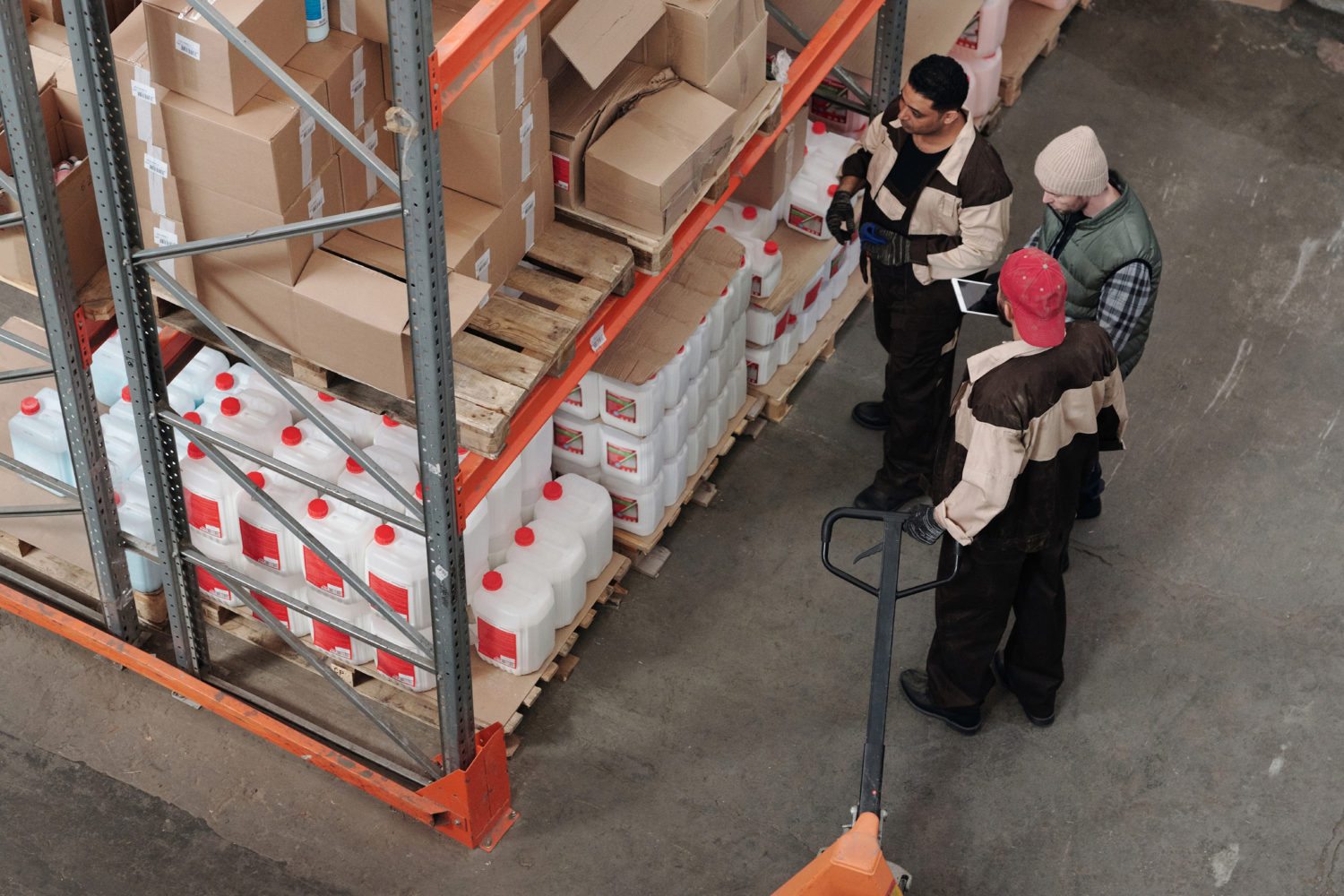Title: Wholesale Warehousing Business Loans and Financing: Fueling Growth for Your Business
Introduction:
In the world of wholesale warehousing, businesses often face challenges such as inventory management, scaling operations, and meeting customer demands. To overcome these hurdles and facilitate growth, many businesses turn to wholesale warehousing business loans and financing solutions. In this blog post, we will delve into Wholesale warehousing business loans, how they work, an example of financing, who qualifies, associated costs, and the pros and cons of such loans.
Understanding Wholesale Warehousing Business Loans:
Wholesale warehousing business loans are financial tools designed to assist businesses in the wholesale industry, specifically those involved in warehousing and distribution. These loans provide funds to support inventory purchases, expand storage capabilities, upgrade equipment, and meet other financial obligations.
How Wholesale Warehousing Business Loans Work:
Typically, wholesale warehousing business loans can be obtained from banks, credit unions, online lenders, or government programs. Lenders evaluate several factors such as credit history, business revenue, and collateral to determine eligibility and loan terms.
Example of Wholesale Warehousing Business Financing:
Let’s consider the case of a growing wholesale warehousing business that requires additional capital to invest in new inventory and expand their storage capacity. They apply for a loan and, upon approval, receive the requested funds. The business then uses the loan to purchase the necessary inventory and finance warehouse expansion construction or lease.
Qualifying for Wholesale Warehousing Business Loans:
Eligibility criteria for such loans can vary among lenders, but generally, key factors considered include:
1. Business Track Record: Lenders assess a company’s financial health by analyzing its revenue, profitability, and credit history.
2. Creditworthiness: Personal credit scores and the business’s creditworthiness are taken into account.
3. Collateral: Lenders often ask for collateral, which could be business assets or personal guarantees. This provides security in the event of loan default.
The Cost of Wholesale Warehousing Business Loans:
The cost of a wholesale warehousing business loan varies depending on factors such as the lender, loan amount, repayment term, interest rate, and business creditworthiness. Interest rates can range from single digits to high double digits, and additional fees may also be charged, such as origination fees.
Pros of Wholesale Warehousing Business Loans:
1. Capital for Growth: These loans provide businesses with the necessary funds to expand product lines, increase inventory, hire additional staff, and invest in infrastructure, allowing for accelerated growth.
2. Greater Buying Power: With increased financial resources, wholesalers can negotiate better deals with suppliers, take advantage of bulk discounts, and make larger inventory purchases.
3. Flexibility: Wholesale warehousing business loans offer flexibility in terms of loan amounts, repayment terms, and use of funds, allowing businesses to tailor the loan to their specific needs and goals.
Cons of Wholesale Warehousing Business Loans:
1. Financial Risk: Borrowing money introduces financial risk, as the loan must be repaid with interest. Failure to do so may lead to weakened financial health and potential business repercussions.
2. Collateral Requirements: Many lenders demand collateral to secure the loan. This can be a significant barrier for new businesses or those without substantial assets.
3. Interest and Fees: Wholesale warehousing business loans may have higher interest rates and additional fees, impacting the overall cost of borrowing.
Conclusion:
Wholesale warehousing business loans and financing solutions are instrumental in driving growth and success for businesses in the wholesale industry. By obtaining the necessary capital, businesses can invest in inventory, expand warehousing facilities, and keep up with market demands. However, it’s essential to carefully assess eligibility criteria, costs, and risks to make an informed decision about whether a wholesale warehousing business loan is the right fit for your business’s unique needs and circumstances.


